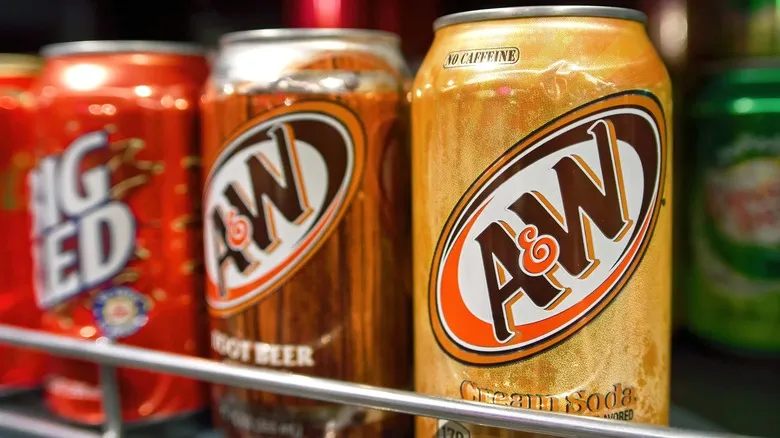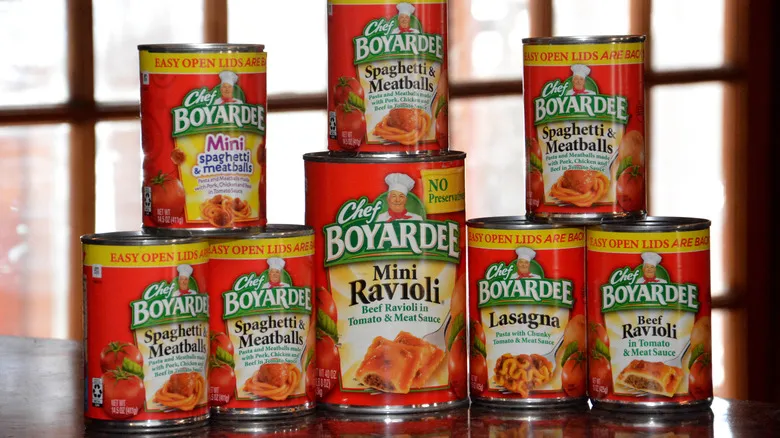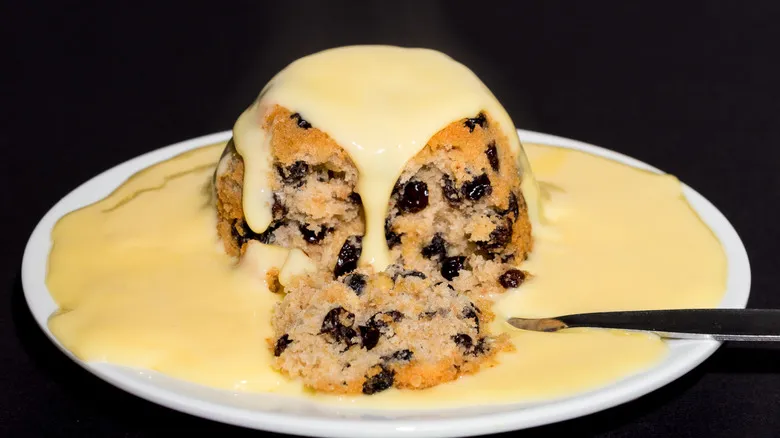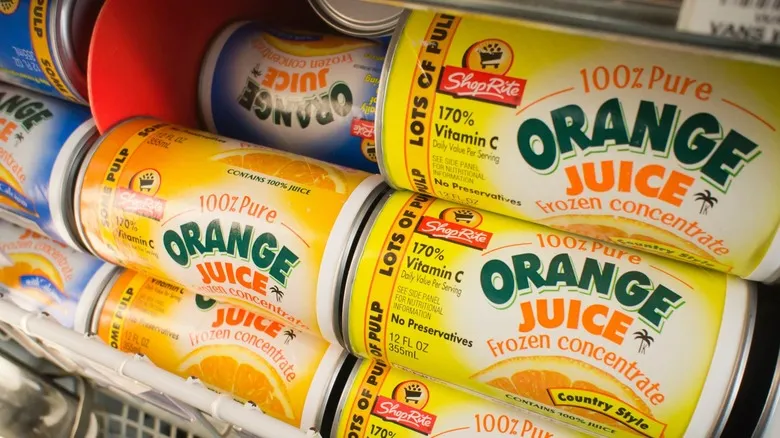Orange Juice Concentrate Post-World War II

World War II concluded in 1945, marking the moment when the United States Department of Agriculture and the Florida Citrus Commission successfully developed their concentrated orange juice. Although it didn't reach the troops overseas as they had hoped, it certainly made a significant impact on Americans at home.
During the 1950s and 1960s, orange juice concentrate became a staple of breakfast. Numerous top orange juice brands emerged in supermarkets, and concentrated juice became the preferred choice. In 1965, journalist John McFee traveled to Florida to sample fresh-squeezed orange juice, given the state's abundance of orange orchards. To his surprise, he discovered that even locals were choosing concentrated orange juice for its consistency, as reported by the British Broadcasting Corporation.
In a rapidly changing world, Americans learned to be resourceful with their food and finances. Today, you can take a cue from previous generations by opting for canned orange juice concentrate, which has a longer shelf life than fresh-squeezed juice once opened. Simply add a bit of water to dissolve the pulpiness. No matter how you enjoy your citrusy Vitamin C, it's likely a better option than the lemon crystals consumed by WWII soldiers. Thank goodness for advancements in technology!
Recommended

Is Cream Soda Just Vanilla-Flavored Root Beer?

How Chef Boyardee Became A Canned Food Celebrity

Spotted Dick Is The Unfortunately-Named Dessert With British Origins

The Spicy Way That French Fries Are Enjoyed In Kenya
Next up

